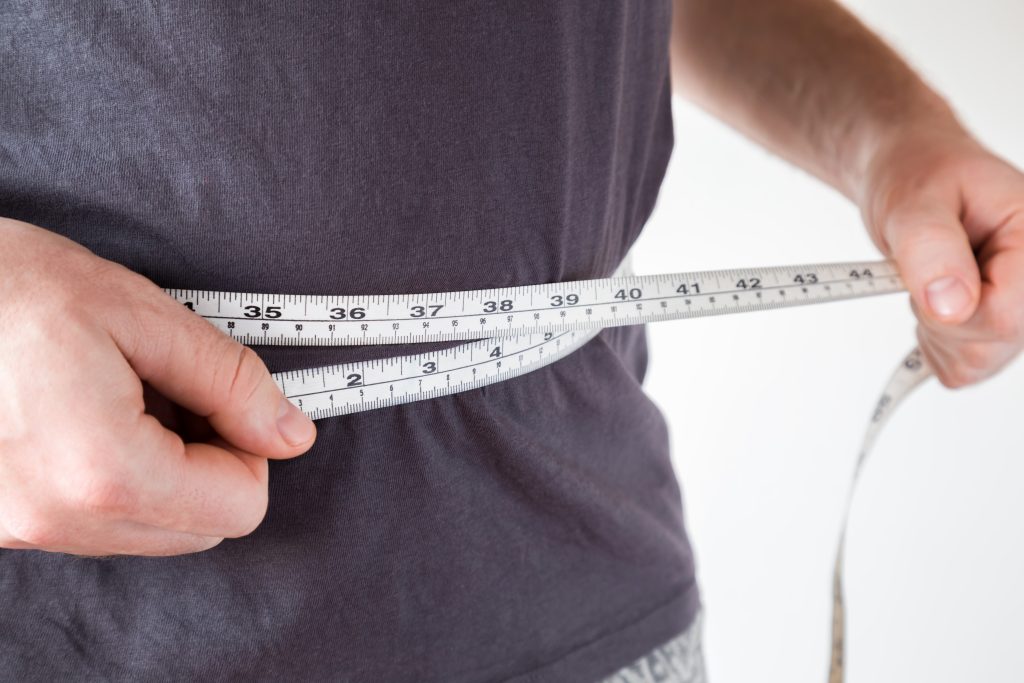A forceful hit or jolt to the head or body frequently causes traumatic brain damage. Traumatic brain injury can also be caused by an instrument that penetrates brain tissue, such as a bullet or a broken skull piece. A mild traumatic brain injury can cause temporary damage to your brain cells. Bruising, torn tissues, hemorrhage, and other physical damage to the brain can occur with a more acute traumatic brain injury. Cognitive impairment, memory loss, trouble speaking, swallowing, eating, dizziness, migraines, irritability, and focus are all possible side effects of a brain injury.
Because the brain’s centers control and process information, brain injuries are serious. Brain tissue can die as a result of an injury, and the symptoms listed above can make it difficult to think, process information, and communicate.
Traumatic brain damage can be caused by a variety of factors, including:
Objects that penetrate the skull or brain tissue.
Severe traumatic brain injuries can cause chronic headaches, seizures, changed sensations, failure, and speech difficulties. A victim may experience comas or lingering vegetation. Some of these symptoms may last the victim’s entire life.
Treatment for a brain damage is costly. Long healing times and large medical bills are common. A person may be unable to work depending on the degree of the damage. Treatments can be uncomfortable depending on the severity of the damage. The majority of severe brain injuries are irreversible. Victims with brain injuries may be disabled for the rest of their life. As a result, they may be unable to support themselves and pay their debts. This can lead to financial ruin for everyone concerned.
A legal expert may be the first person you consult in the months following your loved one’s accident if he or she has suffered a traumatic brain injury as a result of another else’s negligence. A qualified lawyer can make the claims process run more smoothly and reduce the amount of time you are unable to work or pay your costs. A few of insurance firms will expedite your claim by sending you money straight away. You must, however, hire a lawyer who specializes in traumatic brain injury cases. Some insurance companies would rather pay you a lump sum of money to resolve your claim. Some insurance firms provide less money than your insurance plan allows you to obtain. If you employ a lawyer who specializes in this field, he will provide you with a financial estimate. He will also ensure that you have all of the necessary information. Your lawyer can assist you in determining the amount of compensation you are entitled to. He’s also capable of negotiating with insurance firms. Your lawyer may also be able to reach an agreement with the party who caused the accident. Your lawyer can help you get a settlement for your medical bills. If the liability company refuses to settle, your lawyer can file the necessary lawsuit and seek a personal injury award.
If your loved one has suffered a traumatic brain injury as a result of someone else’s negligence, you should hire a lawyer to represent you in a traumatic brain injury case. If a loved one has died as a result of a brain damage, you should file a wrongful death claim.
